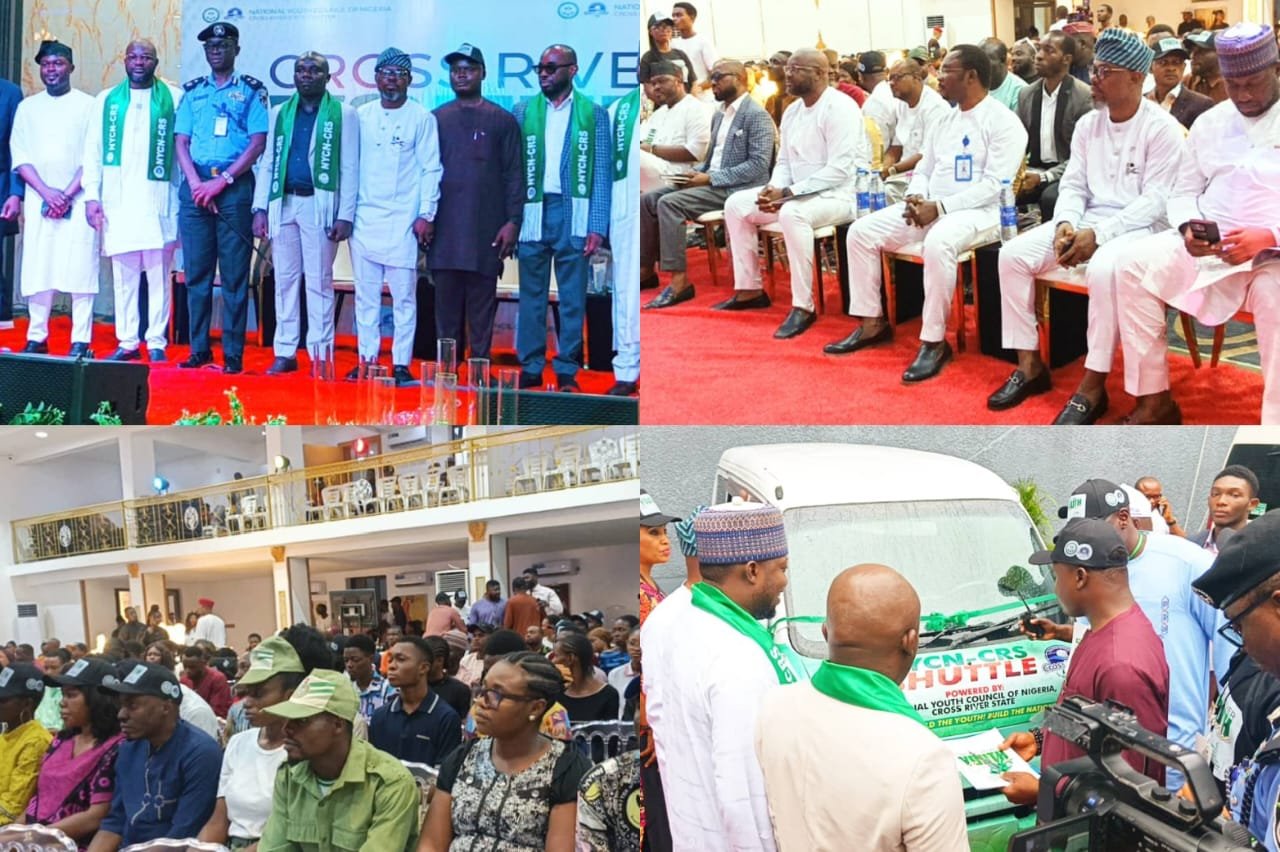Dr Hamira Welye, Programme Analyst for the United Nations Population Fund (UNFPA) has disclosed that education could hinder the fight against Gender Based Violence (GBV) and other harmful practices, if not used well.
Welye who specifically works on the Spotlight GBV projects made the remark in an interview with the News Agency of Nigeria (NAN), in Calabar, during a 5-Day Training on Clinical Management of Rape.
According to him, education is a tool to help communities but going into a community with the mentality of being better than the people of the community because you are more educated becomes detrimental to your programme.
“In this sense, I try to advise caseworkers that how we use our education can be harmful to our push to ending GBV, other harmful social practices and promotion of Sexual and Reproductive Health.
“When we go into communities with this all-knowing behaviour, it usually antagonises the community and you begin to find resistance which affects the programme.
“Basically, our approach should be the ‘Social Educative Approach,’ where we learn from the community and the community learns from us, so that we can build a more effective GBV response in the community,” he said.
He said under the Spotlight Initiative, they developed their projects by understanding the culture and nuances that made communities behave the way they did and use the technique to find a new solution.
READ ALSO | C’River: General Hospital Obanliku Gets Additional Staff
Hamira said GBV were social issue which were traditionally inherited practice from centuries ago and were done with the perception that it was protecting the women.
He maintained that societies today have evolved where some of these protective practices are no more required and are today harmful to the women.
He advised caseworkers in different communities that the fight against GBV and other harmful practices that prevent sexual and reproductive health was not a sprint but a marathon adding that they should not be in a hurry to see result.
While asking them to be prepared, he urged them to understand the social life of the community they are trying to change their attitude on issues of GBV and other harmful practices.
On her part, SC Philomena Modor, Officer in Charge of Gender Unit in Cross River Police Command thanked UNFPA for the training adding that she had learnt many new things which she was going to impact in her colleagues.
She said initially, she thought she was doing perfectly well in handling cases until she learnt that every case must be survivor and not caseworker centred.
She however noted that the state still faced the challenge of increase in GBV because many survivors refuse to pursue cases to a logical conclusion and get prosecution.









